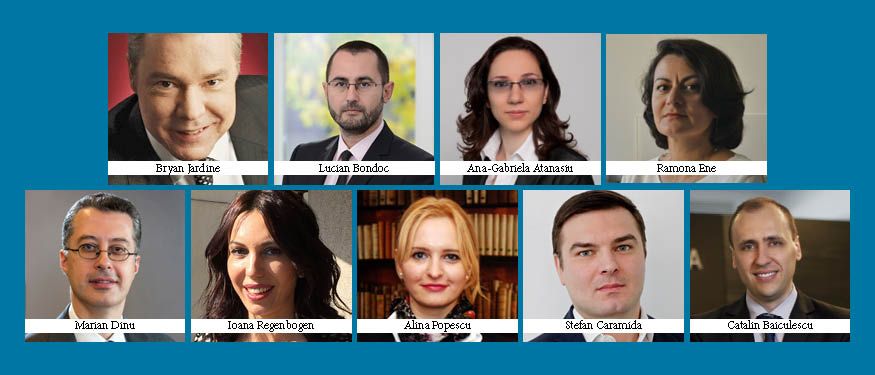On April 8, 2021, CEE Legal Matters sat with senior partners from four of Romania’s leading law firms for a Round Table conversation.
Romanian Round Table: Confidence with Qualifications
On Tuesday, July 11, 2016, ten senior Romanian lawyers gathered at the Bucharest office of Wolf Theiss for a CEE Legal Matters Round Table to discuss the state of the Romanian economy, the Romanian legal market, and their expectations for the future.



